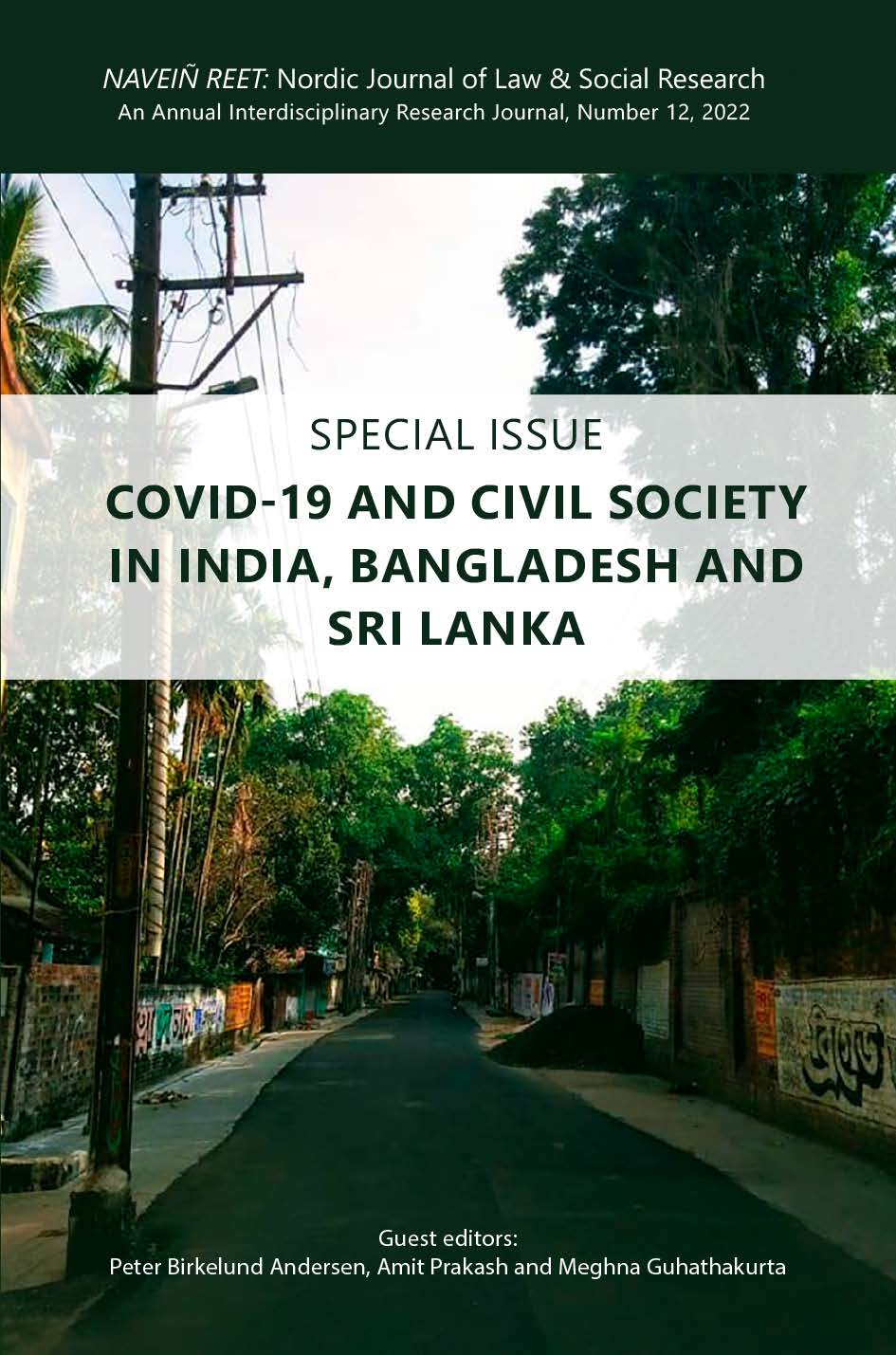Citizen–State Relations and State Impunity in a Pandemic
The Case of Changing Citizenship Laws in India
Abstract
Who constitutes the ‘demos’ in a democracy? That is, who makes the decisions and whom do those decisions affect? Answers to these questions point the way toward understanding which interests are represented in the polity. In the last three years, the definition of citizenship in India has changed dramatically, and these changes are making citizenship in India both restrictive and religion-centric. With the enactment of the Citizenship Amendment Act (CAA) and the introduction of the National Register of Citizens (NRC) in Assam, religion became a formal determinant of citizenship. This article discusses the implications of CAA and the proposal for implementing NRC nationally, including how these legal changes may in the view of many observers deprive many people of their citizenship status and rights. It thus seeks to explain how revisions to citizenship laws change citizen–state relations in India. The article also explores how the context of the pandemic has prevented civil society from engaging with the State, while the State continues to reduce citizenship to merely a legal status rather than an active assertion of rights and participation in the life of the state. In light of these developments, whether India’s growing majoritarianism can be opposed, and its constitutional values preserved, remains to be seen.
Downloads
Published
How to Cite
Issue
Section
License
Counting from number 12 (2022), articles published in NNJLSR are licensed under Attribution 4.0 International (CC BY 4.0). Readers are allowed to copy and redistribute the articles in any medium or format, to adapt and revise the articles, and use the articles for commercial purposes, provided that the readers give appropriate credits.
No Creative Commons licenses are applied on articles in number 1 (2009)-11 (2021). All rights reserved by the authors. Readers are allowed to download, read, and link to the articles published in volume 1 (2009)-11 (2021), but they may not republish or redistribute these articles without permission of the authors.

